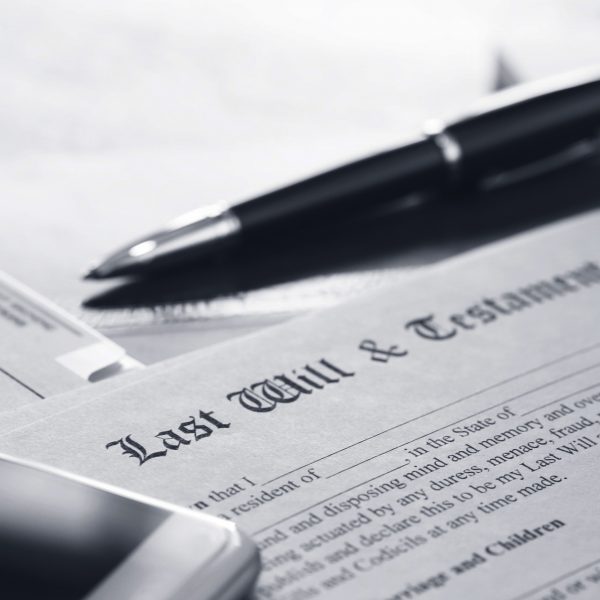Practice Area Overview:
If you are considering challenging a Will, or you are a beneficiary or executor of a Will that is being challenged, our team at Pace & Associates Lawyers can help you.
Disputes in relation to estates are becoming increasingly common, particularly with challenges to Wills and can be very stressful for the families and all parties involved. Our team provides expert advice and representation for executors in defending claims against estates as well as individuals who believe that adequate provision has not be made for them under a Will (or not at all) and wish to make a claim against the estate.
A Will can be contested or challenged for several reasons including:
- The deceased’s Will was incorrectly executed or tampered with;
- Insufficient provision has been made in the deceased’s Will for a spouse, children or other dependents;
- A person has been left out of the deceased’s Will or excluded for a reason that is disputed;
- The deceased’s Will is potentially invalid, for a range of reasons; or
- The deceased’s Will is ambiguous.
If someone close to you has passed away without a Will, it may also be possible that distribution of the Deceased’s estate based on the intestacy rules is unfair.
A claim against an estate cannot be brought until either a grant of Probate or a grant of Letters of Administration has been obtained. Once the Grant of Representation has been made, an eligible claimant only has six (6) months to challenge the Will.
Eligible Claimants
There are certain tests that must be satisfied before a court can make a family provision award in favour of an eligible claimant. If the claimant is eligible, the Court will look at a number factors on a comparative basis to the other beneficiaries of the estate, which our team will discuss with you.
Eligible Claimants can be summarised within the following categories:
Category 1 – Eligible Claimants — Related/Immediate Family Members:
- A spouse or domestic partner;
- A child or stepchild of any age with or without a disability;
- A person who for a substantial period during the life of the deceased believed that the deceased was his/her parent and was treated by the deceased as a natural child of any age; and
- A former spouse or domestic partner (only if no property settlement reached).
Category Two – Other Eligible Claimants:
- A grandchild;
- A registered caring partner;
- A spouse or domestic partner of a child of the deceased (including a step child or person who for a substantial period during the life of the deceased believed that the deceased was his/her parent) if the relevant child of the deceased dies within one year of the deceased’s death; and
- A person who, at the time of the deceased’s death is a member of the household in which the deceased was also a member (or had been in the past and would have been likely again in near future have the deceased not died).
If the claimant is eligible under Category Two, that person must also prove to the Court that he or she was wholly or partly dependent on the deceased for proper maintenance and support. In addition, the Court must also assess whether or not that person is capable, by reasonable means of providing adequately for their own proper maintenance and support.
Contact Pace & Associates Lawyers to schedule an obligation free consultation.

Pace & Associates Lawyers
